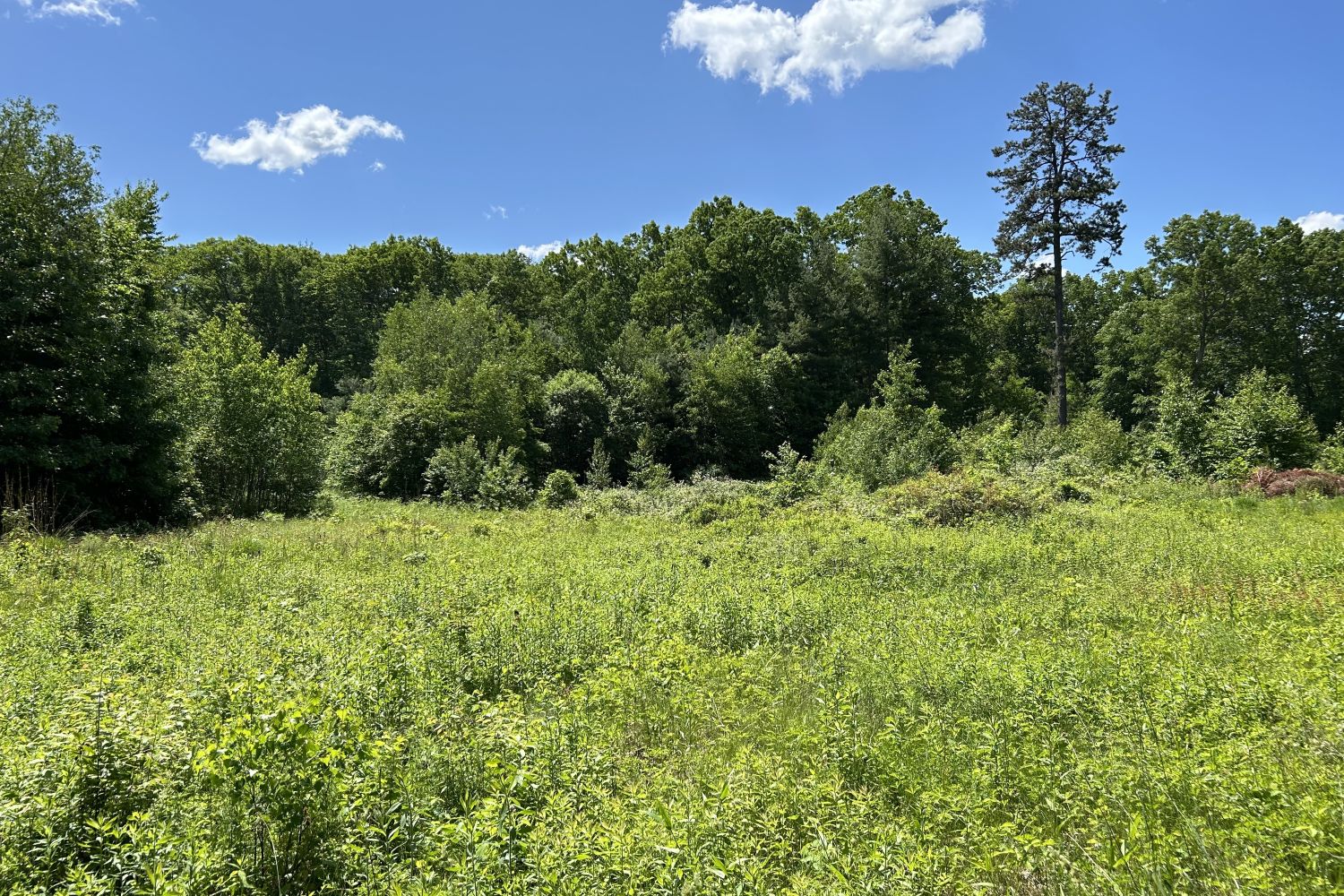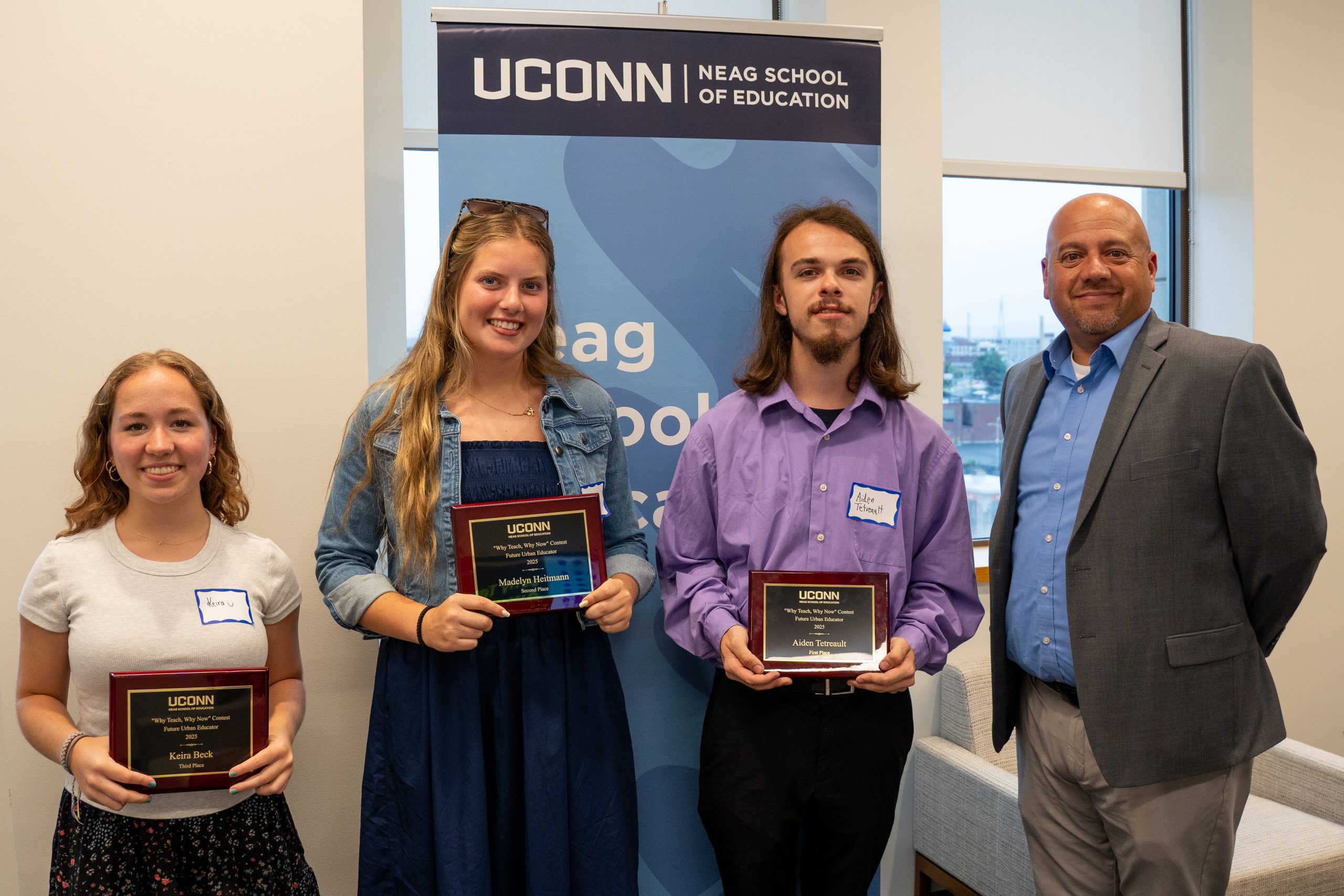More than 150 human rights researchers from four continents will gather virtually on Monday, November, 9, for the inaugural conference of the Connecticut/Baden-Württemberg Human Rights Research Consortium (HRRC), a unique international and interdisciplinary initiative that grew out of an academic exchange program established 30 years ago.
The conference, “Human Rights in Times of Crisis,” will address human rights issues focused around faculty research interests of the four transatlantic HRRC working groups: human rights, science and technology; philosophical foundations of human rights; international relations; and human rights education and solidarity. There is also a working group for graduate students.
The exchange program began in 1991 between the state of Connecticut and the state of Baden-Württemberg, located in southwestern Germany bordering France and Switzerland. Connecticut students enrolled in participating four-year colleges and universities can study at any participating institution of higher learning in Baden-Württemberg – and vice versa. Initially administered by the Connecticut Office of Higher Education, program administration transferred to UConn in July of 2015.
Like the exchange, the HRRC is funded by UConn Global Affairs representing the state of Connecticut and by the Ministry of Science, Research and Arts in the state of Baden-Württemberg. Additional funding comes from the Human Rights Institute and the Freiburg Institute for Advanced Studies.
“The focus on human rights is critical during this period of de-globalization and rising authoritarianism,” says Daniel Weiner, vice president for global affairs at UConn. “This timely and innovative consortium substantially broadens the impact of Connecticut’s and UConn’s long-standing academic partnership with Baden-Württemberg.”
HRRC co-directors on the Connecticut side are Sebastian Wogenstein, associate professor of German and comparative literature, and Katharina von Hammerstein, Board of Trustees Distinguished Professor of German Studies in the Department of Literatures, Cultures, and Languages. Both have been involved with UConn’s Human Rights Institute for many years.
Both states have excellent universities that are leading in human rights research.
“The idea is to build an intellectual community where we can work together,” says Wogenstein. “Now we are creating synergy by pulling them all together.”
He adds that the faculty working groups are focused on specific areas of research, with the initial conference addressing human rights in the context of the COVID-19 pandemic, toxic speech, and Holocaust and genocide education. Moving forward, HRRC research will examine pressing human rights issues such as violence and racism, the demand for affordable health care, questions over data security, and calls for addressing climate change.
Von Hammerstein says the wide range of human rights scholarship, which crosses disciplines and encourages collaboration, is a key aspect of the HRRC.
“The international, inter-state, interdisciplinary and inter-institutional aspects are really the beauty of this consortium,” she says. “There is space for mutual stimulation and inspiration across disciplinary, national and cultural lines because we discuss human rights differently from different academic traditions. For example, the worldwide refugee crises are viewed differently in Europe than they are here. Interdisciplinarity is at the core of this consortium.”
The keynote address will be delivered by James Cavallaro, executive director of the Connecticut-based University Network for Human Rights and former president of the Inter-American Commission on Human Rights, who will discuss “In Times of Crisis: The Role of the University.”
The consortium is expanding UConn’s reputation as a center for human rights scholarship and programs and the outreach with Monday’s conference, says Associate Vice President for Global Affairs Yuhang Rong.
“There is tremendous synergy across different disciplines. Daniel Weiner has been very active leveraging resources.,” Rong says, noting that benefactors Gary Gladstein ’66 (CLAS), ’08 (HON), George Soros and (former United States) Senator Christopher Dodd have been exceptionally helpful in this area. “UConn, in terms of human rights, is poised as a leader in human rights academic research and advocacy around the world.”
There are more than 70 members at 14 leading universities and institutes in Connecticut and in the German State of Baden-Württemberg participating in the consortium. In addition to UConn, Connecticut is represented with members from Central Connecticut State University, Trinity College, University of Hartford, the University Network for Human Rights at Wesleyan University, and Yale University.
An example of expected outcomes from these scholarly deliberations could be publications such as von Hammerstein’s article about land expropriation as a human rights violation, which is forthcoming in a volume edited by a faculty at a top-ranked university in Baden-Württemberg.
UConn’s internationally renowned Human Rights Institute, along with the equally outstanding Freiburg Institute for Advanced Studies (FRIAS) at the University of Freiburg, on the western edge of the Black Forest in Germany, serve as the Consortium’s hubs.
For more information about HRRC go to https://hrrc.bwgermany.uconn.edu/



